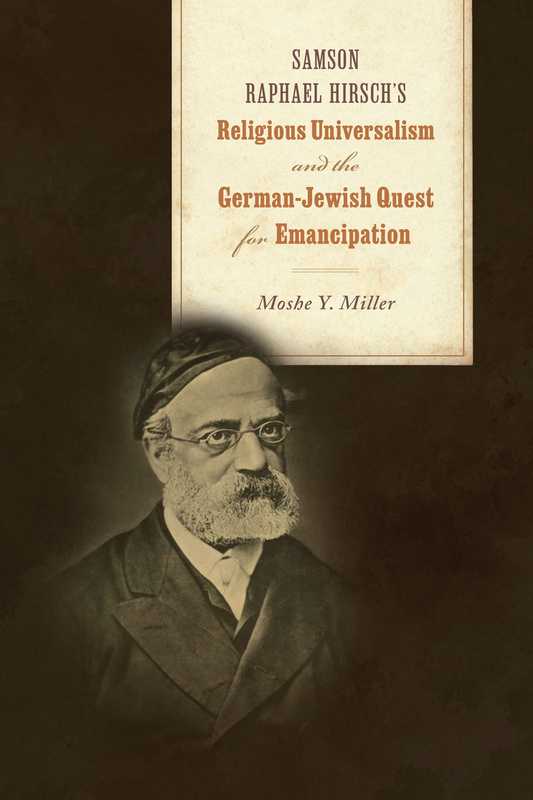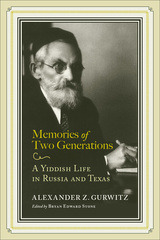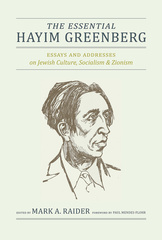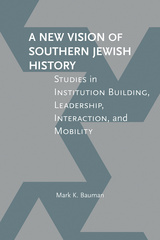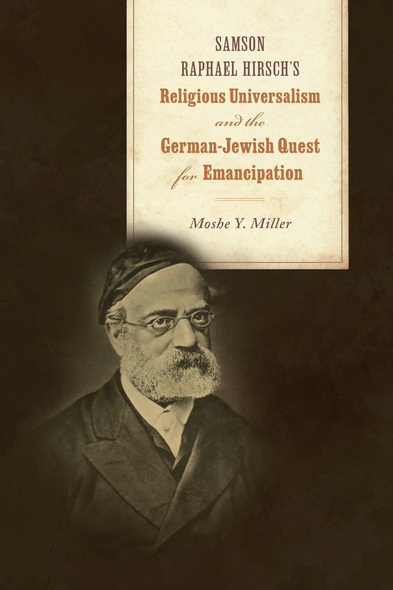
Samson Raphael Hirsch's Religious Universalism and the German-Jewish Quest for Emancipation
An account of how Rabbi Samson Raphael Hirsch promulgated an inclusive vision of Judaism in the context of advancing the civic equality of German Jews in the nineteenth century
In Samson Raphael Hirsch’s Religious Universalism and the German-Jewish Quest for Emancipation, Moshe Miller contends that nineteenth-century German Jews of all denominations actively sought acceptance within German society and aspired to achieve full emancipation from the many legal strictures on their status as citizens and residents. While non-Orthodox Jews sought a large measure of cultural assimilation, Orthodox Jews were content with more delimited acculturation, but they were no less enthusiastic about achieving emancipation and acceptance in German society. There was one issue, though, which was seen by non-Jewish critics of emancipation as a barrier to granting civic rights to Jews: namely, the alleged tribalism of Judaism and the supposedly chauvinistic notion of Jews as “the Chosen People.”
These charges could not go unanswered, and in the writings of Rabbi Samson Raphael Hirsch (1808–1888), the leading thinker of the Orthodox camp, they did not. Hirsch stressed the universalism of the Jewish ethic and the humanistic concern for the welfare of all mankind, which he believed was one of the core teachings of Judaism. His colleagues in the German Orthodox rabbinate largely concurred with Hirsch’s assessment. Samson Raphael Hirsch’s Religious Universalism and the German-Jewish Quest for Emancipation places Hirsch’s views in their historical context and provides a detailed account of his attitude toward non-Jews and the Christianity practiced by the vast majority of nineteenth-century Europeans.
‘Moshe Miller writes brilliantly and clearly about the complex interplay between inherited rabbinic legal traditions on the one hand and the contemporary German cultural, religious, and political worlds that shaped and informed Samson Raphael Hirsch and his colleagues on the other hand as they struggled to confront and articulate the stance of nineteenth-century Orthodox Judaism toward the issues of universalism and particularism. Encyclopedic in his knowledge, Miller not only illuminates the history of Modern Orthodox Judaism but speaks to the role Hirsch and Orthodoxy played in the evolution of Judaism in the modern world. This book constitutes a major academic achievement and fills in a much-needed chapter in Jewish religious-intellectual history!’
—David Ellenson, author of Rabbi Esriel Hildesheimer and the Creation of a Modern Jewish Orthodoxy'Moshe Miller does an outstanding job demonstrating the universal religious humanism at the heart of Hirsch’s thought. This is a crucial contribution to the study of nineteenth century Judaism that shatters myths about Orthodox exclusivism commonly held by both scholars and the public.’
—Michah Gottlieb, author of The Jewish Reformation: Bible Translation and Middle-Class German Judaism as Spiritual Enterprise'The author demonstrates a high level of erudition, manifest not only in the text, but also in the extensive notes. He is well familiar with traditional sources and with a wide range of modern scholarly ones.'
—Michael A. Meyer is the Adolph S. Ochs Professor of Jewish History Emeritus at the Hebrew Union College–Jewish Institute of Religion. Three of his books have won the Jewish Book Council’s National Jewish Book Award, are The Origins of the Modern Jew; Response to Modernity; and German Jewish History in Modern Times
Moshe Y. Miller is assistant professor and deputy chair of the Department of Judaic Studies at Touro University’s Lander College for Women. He is also assistant professor of Jewish History at Touro’s Graduate School of Jewish Studies and Lander College for Men.

